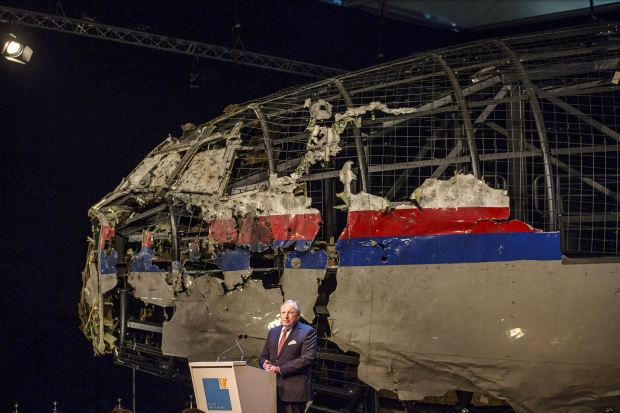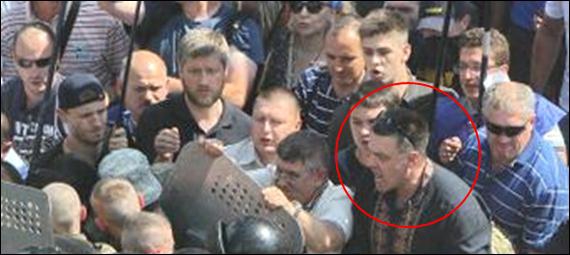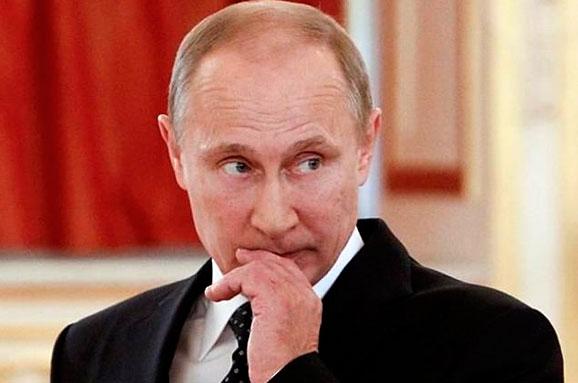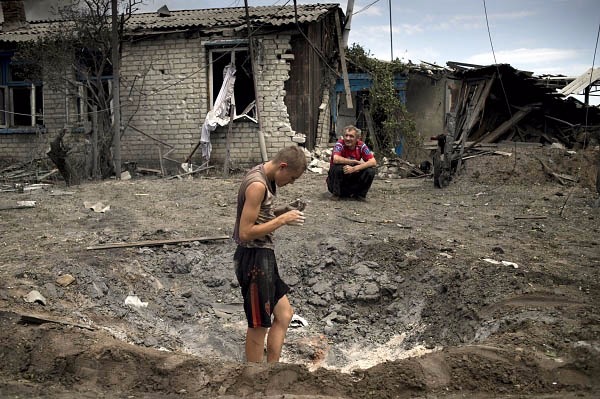The General Court of the European Union located in Luxembourg has upheld sanctions imposed on the Russian military factory Almaz Antey in 2014, today's press release of the court stated.
The restrictive measures were imposed by the EU in 2014 after the start of Russian aggression against Ukraine. The EU ruled to freeze the funds and assets of the Russian company Almaz-Antey and a number of other enterprises of the Russian defense industry. Today, it rejected Almaz Antey's appeal against the decision.
"...the Court dismisses the action brought by Almaz-Antey and thus upholds the freezing of that company’s funds," the court decision stated. The initial decision was based on the following reasons:
"Almaz-Antey is a Russian state owned company. It manufactures anti-aircraft weaponry including surface-to-air missiles which it supplies to the Russian army. The Russian authorities have been providing heavy weaponry to separatists in Eastern Ukraine, contributing to the destabilization of Ukraine. These weapons are used by the separatists, including for shooting down airplanes. As a state-owned company, Almaz Antey therefore contributes to the destabilization of Ukraine."
This ruling is the first EU Court decision regarding an appeal against sanctions against Russian companies.
As the EU court applies case law, a similar solution can be expected in other cases with identical circumstances.
"The Court finds, first of all, that the Council did not act disproportionately in deciding to freeze the funds of entities supporting, materially or financially, actions of the Russian Government which undermine or threaten the territorial integrity, sovereignty and independence of Ukraine," says the decision.
The freezing of funds of such entities makes it possible to reach the objective to prevent the escalation of the conflict in Ukraine. By targeting, first, persons and entities responsible for actions which undermine or threaten the territorial integrity, sovereignty and independence of Ukraine and then, secondly, persons and entities materially or financially supporting such actions, the Council could legitimately expect that those actions cease or become more costly for those who undertake them, in order to promote a peaceful settlement of the crisis in Ukraine.
According to the court, in targeting specific companies, the EU has the right to expect that Russia's illegal actions in Ukraine "cease or become more costly for those who undertake them, in order to promote a peaceful settlement of the crisis in Ukraine."
The Almaz-Antey company produces surface-to-air missile systems, including Buk missile systems. The Court agreed with the evidence provided by the EU Council that Russia had illegally transferred weapons to separatists on Ukrainian territory. The court also took into account "numerous reports" of this weapon being used for shooting down Ukrainian military planes and helicopters. Almaz Antey did not refute this information.
"By manufacturing weapons and military equipment and supplying them to the Russian State, which itself supplies weapons to the separatists in Eastern Ukraine, Almaz-Antey materially supports actions which undermine or threaten the territorial integrity, sovereignty and independence of Ukraine," the Court ruled.
The Court also emphasized that it had no need of proof of who operated the Buk complex with which the MH17 airliner was shot down to freeze the funds the company.
"The Court considers that the Council was not required to demonstrate positively that the weapons which Almaz-Antey produced were used in Ukraine by the separatists. Such evidence would be difficult to provide, in particular in a conflict situation where it is sometimes difficult to establish exactly the specific responsibilities and the types of weapons used by each of the warring parties," the decision says.
Currently, complaints from a number of other Russian companies, both from the financial and defense industries, are pending before the European Court.
Meanwhile, TASS reported that Almaz Antey's management doesn't believe the Court of Justice and doesn't plan to appeal the court's decision concerning sanctions against the company. The spokesman of the group stated that the company considers the decision of the General Court of the EU "politicized" but also that Almaz Antey doesn't intend to spend money on additional court sessions.
According to Vladimir Konovalov, the company's deputy director on legal issues and corporate policy, "including the company to the sanction list is unreasonable and violates the fundamental rights guaranteed by the Charter of Fundamental Rights of the EU."
In a statement on his fb page, Ukraine's deputy Justice Minister Serhiy Petukhov commented that this decision is "one more victory in proving Russia's involvement in the armed conflict in Donbas and in the continuation of sanctions."





